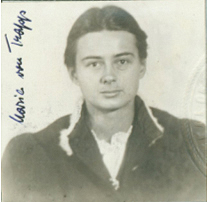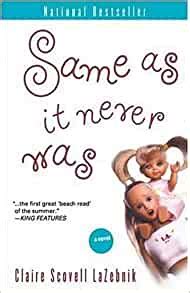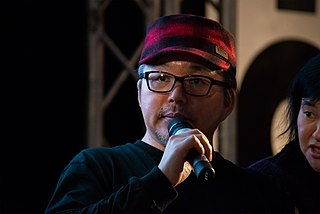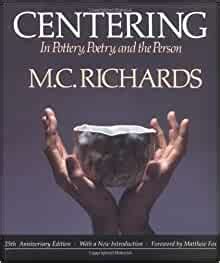A Quote by Garth Stein
But somewhere, a child surprises himself with his endurance, his quick mind, his dexterous hands. Somewhere a child accomplishes with ease that which usually takes great effort. And this child, who has been blind to his past, but his heart still beats for the thrill of the race, this child's soul awakens. And a new champion walks among us.
Related Quotes
The grief of a child is always terrible. It is bottomless, without hope. A child has no past and no future. It just lives in the present moment - wholeheartedly. If the present moment spells disaster, the child suffers it with his whole heart, his whole soul, his whole strength, his whole little being.
Don't think that there's a different, better child 'hiding' behind the autism. This is your child. Love the child in front of you. Encourage his strengths, celebrate his quirks, and improve his weaknesses, the way you would with any child. You may have to work harder on some of this, but that's the goal.
With better vision, we sacrifice for students for whom that sacrifice will most likely pay off. I'm sorry to say this, but there are times when even superhuman effort will not save a child from his environment or himself. It's not the job of the teacher to save a child's soul; it is the teachers' job to provide an opportunity for the child to save his own soul.
Science, in all its greatness, is still subject to human creativity. It starts the first moment a child tries to reach up and grab at the clouds. Soon, the child learns that his own hands cannot reach the sky, but his hands are not the limit of his potential. For the human brain observes, considers, understands, and adapts. Locked within the mind is infinite possibility.
The child takes in his world as if it were food. And his world nourishes or starves him. Nothing escapes his thirst. Secrets are impossible. He identifies with his surroundings and they live within him unconsciously; it is perhaps for this reason that the small child has been characterized as naturally religious.


































